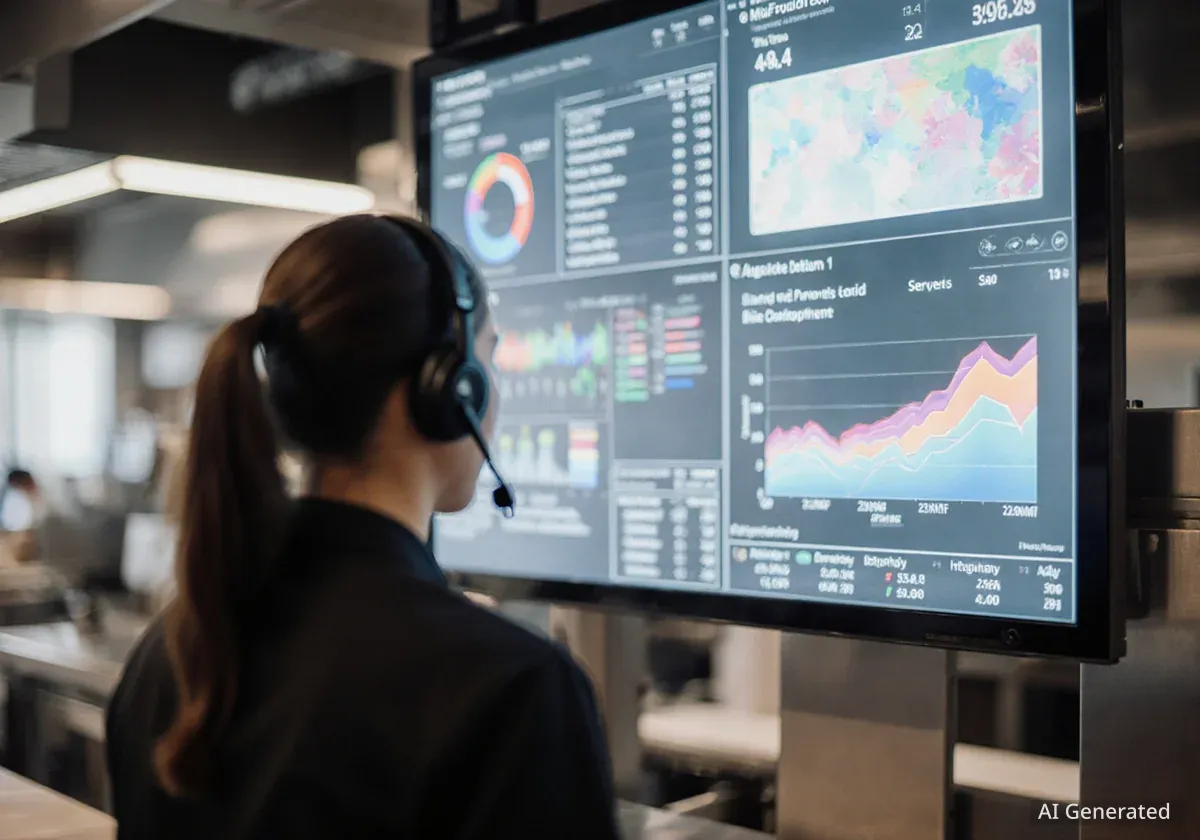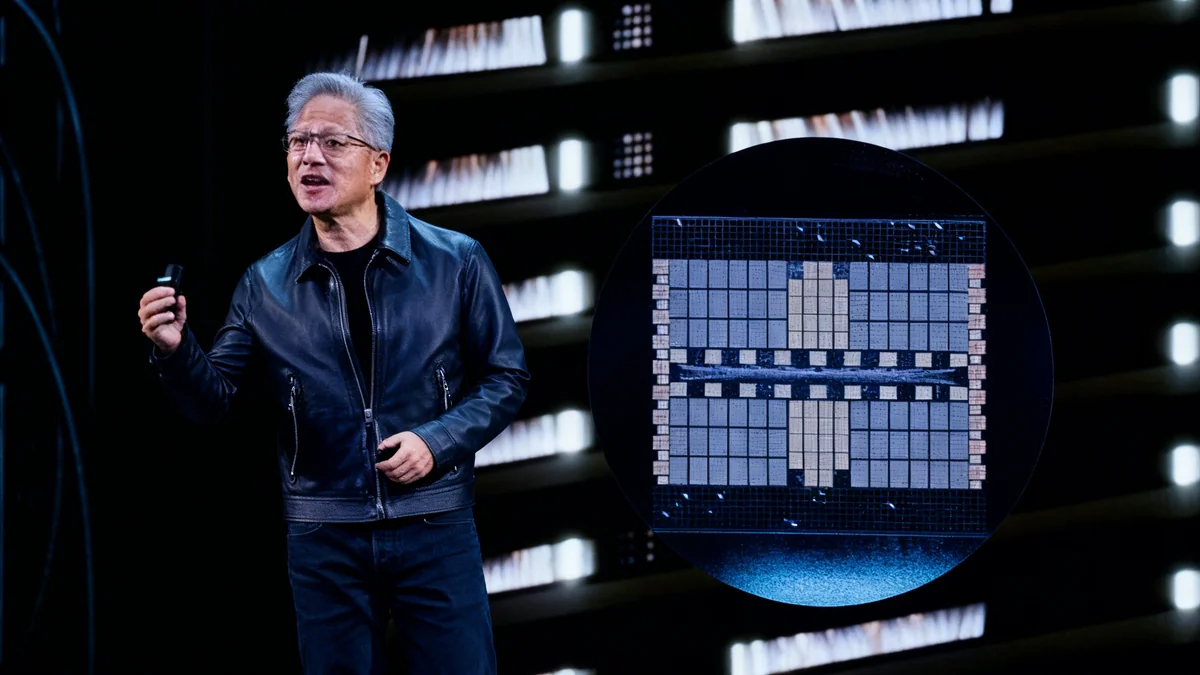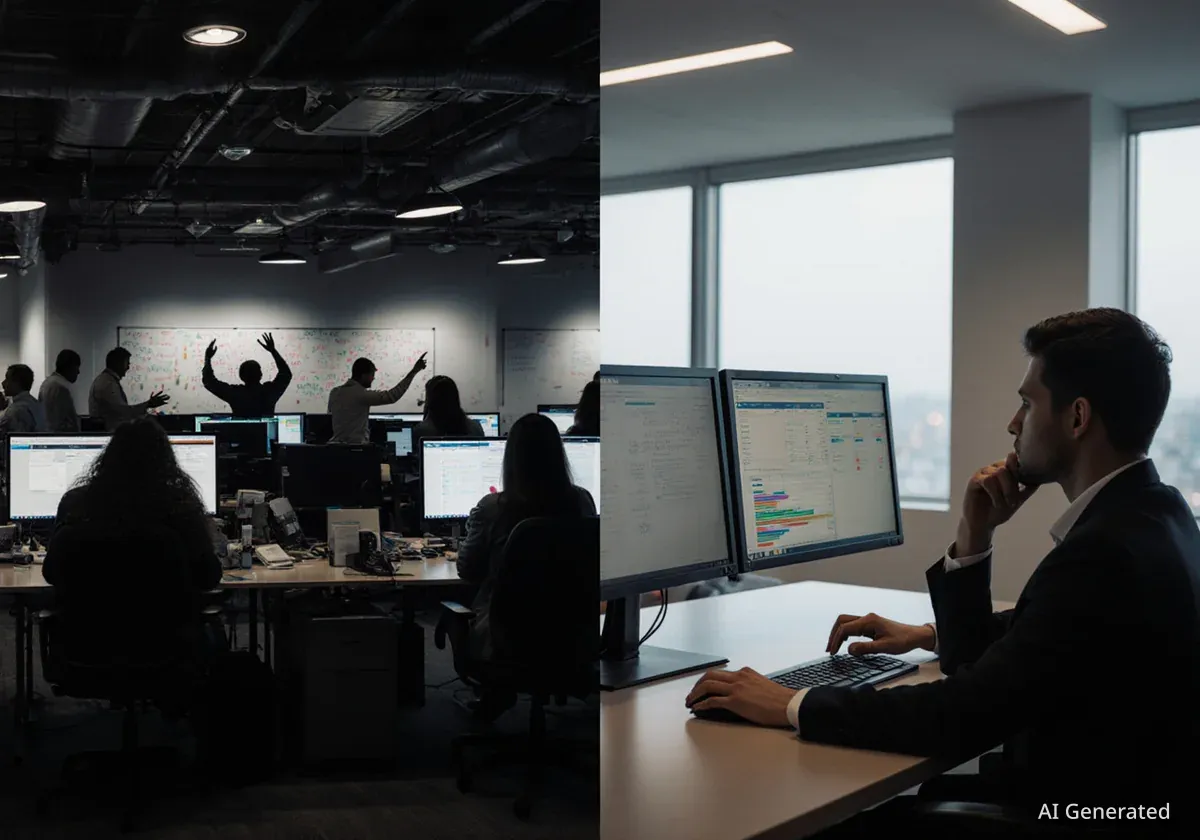A Broadcom executive has clarified that OpenAI is not the unidentified customer behind a massive $10 billion order for custom artificial intelligence chips. The statement came as the two companies announced a separate, long-term partnership to jointly develop and deploy a significant amount of custom AI hardware.
Charlie Kawwas, president of Broadcom's semiconductor solutions group, made the clarification on Monday. This ended widespread speculation among market analysts who had pointed to the rapidly scaling AI company as the most likely candidate for the large purchase order mentioned by Broadcom in September.
Key Takeaways
- Broadcom executive Charlie Kawwas publicly stated that OpenAI is not the mystery customer that placed a $10 billion order for custom AI chips.
- The clarification was made during an announcement of a new, separate partnership between Broadcom and OpenAI.
- The new collaboration involves jointly building and deploying 10 gigawatts of custom AI accelerators, with work beginning late next year and concluding by 2029.
- The identity of Broadcom's fourth major web-scale customer, responsible for the $10 billion order, remains undisclosed.
Speculation Ends as Executive Clarifies Deal
For months, industry observers believed OpenAI was the unnamed company that Broadcom CEO Hock Tan referred to during a quarterly earnings call. Tan had announced that a fourth large customer had placed orders valued at $10 billion for custom AI chips, significantly boosting Broadcom's AI revenue forecast.
The assumption was fueled by OpenAI's aggressive expansion and its need for immense computing power to train and run its frontier AI models. However, the recent joint announcement provided the venue to set the record straight.
Appearing on CNBC's "Squawk on The Street" alongside OpenAI President Greg Brockman, Kawwas directly addressed the speculation. He confirmed that while their partnership is substantial, it is distinct from the $10 billion order.
"I would love to take a $10 billion [purchase order] from my good friend Greg," Kawwas said. "He has not given me that PO yet."
This statement definitively separates OpenAI from the mystery client, shifting the focus back to other potential large-scale technology companies.
The New Broadcom and OpenAI AI Infrastructure Project
While OpenAI is not the $10 billion customer, its new collaboration with Broadcom is a significant development in the AI hardware space. The two companies have been working together for the past 18 months to co-design custom AI accelerators.
The goal of the partnership is to build and deploy a massive 10 gigawatts of this custom hardware. This large-scale infrastructure is designed specifically to handle the demands of OpenAI's advanced AI models, such as those powering ChatGPT and future systems.
Project Timeline
- Collaboration Start: Approximately 18 months ago.
- Deployment Begins: Late 2025.
- Project Completion: Scheduled for 2029.
According to the announcement, the deployment of racks filled with these custom-designed chips will begin late next year and is expected to be completed by 2029. This long-term project highlights the strategic planning required to build the next generation of AI supercomputers.
OpenAI's President, Greg Brockman, emphasized the strategic importance of developing custom hardware.
"By building our own chip, we can embed what we've learned from creating frontier models and products directly into the hardware, unlocking new levels of capability and intelligence," Brockman stated in a release. This approach allows for tighter integration between software and hardware, potentially leading to greater efficiency and performance.
OpenAI's Aggressive Push for Compute Power
The partnership with Broadcom is the latest in a series of major infrastructure deals for OpenAI. The company, which carries a valuation of approximately $500 billion, has been securing vast amounts of computing resources to meet the rapidly growing demand for its AI services and to support the development of more powerful models.
In recent weeks, OpenAI has reportedly finalized multi-billion dollar agreements with other key players in the semiconductor and data center industries. These include major deals with chipmakers like Nvidia and Advanced Micro Devices (AMD), as well as with AI cloud infrastructure provider CoreWeave.
The Race for AI Dominance
The immense cost and complexity of training and deploying large-scale AI models have created an arms race for computing power. Companies like OpenAI, Google, and Meta are investing billions of dollars to secure supply chains for GPUs and custom accelerators, viewing computational capacity as a primary strategic asset for maintaining a competitive edge in the AI field.
These moves underscore a critical trend in the AI industry: access to specialized, high-performance computing hardware is a fundamental requirement for innovation. By diversifying its hardware suppliers and co-designing custom chips, OpenAI aims to build a robust and scalable infrastructure that can support its ambitious long-term goals.
The Unidentified $10 Billion Customer
With OpenAI now ruled out, the identity of Broadcom's fourth major customer remains a subject of intense interest. Broadcom has a policy of not disclosing its large web-scale clients, but analysts have consistently identified three of them.
These established major customers are believed to be:
- Google (Alphabet)
- Meta (parent company of Facebook and Instagram)
- ByteDance (parent company of TikTok)
The addition of a fourth company to this list with a $10 billion order for custom AI chips is a significant event for Broadcom. During the September call, CEO Hock Tan noted that shipments for this massive order would begin in 2025, which is why the company raised its AI revenue forecast for the upcoming year.
The scale of the order suggests the customer is a technology giant with massive data processing and AI workload requirements, similar to Broadcom's existing top-tier clients. The mystery continues to fuel discussion about which company is making such a substantial investment in custom silicon to power its future AI ambitions.





